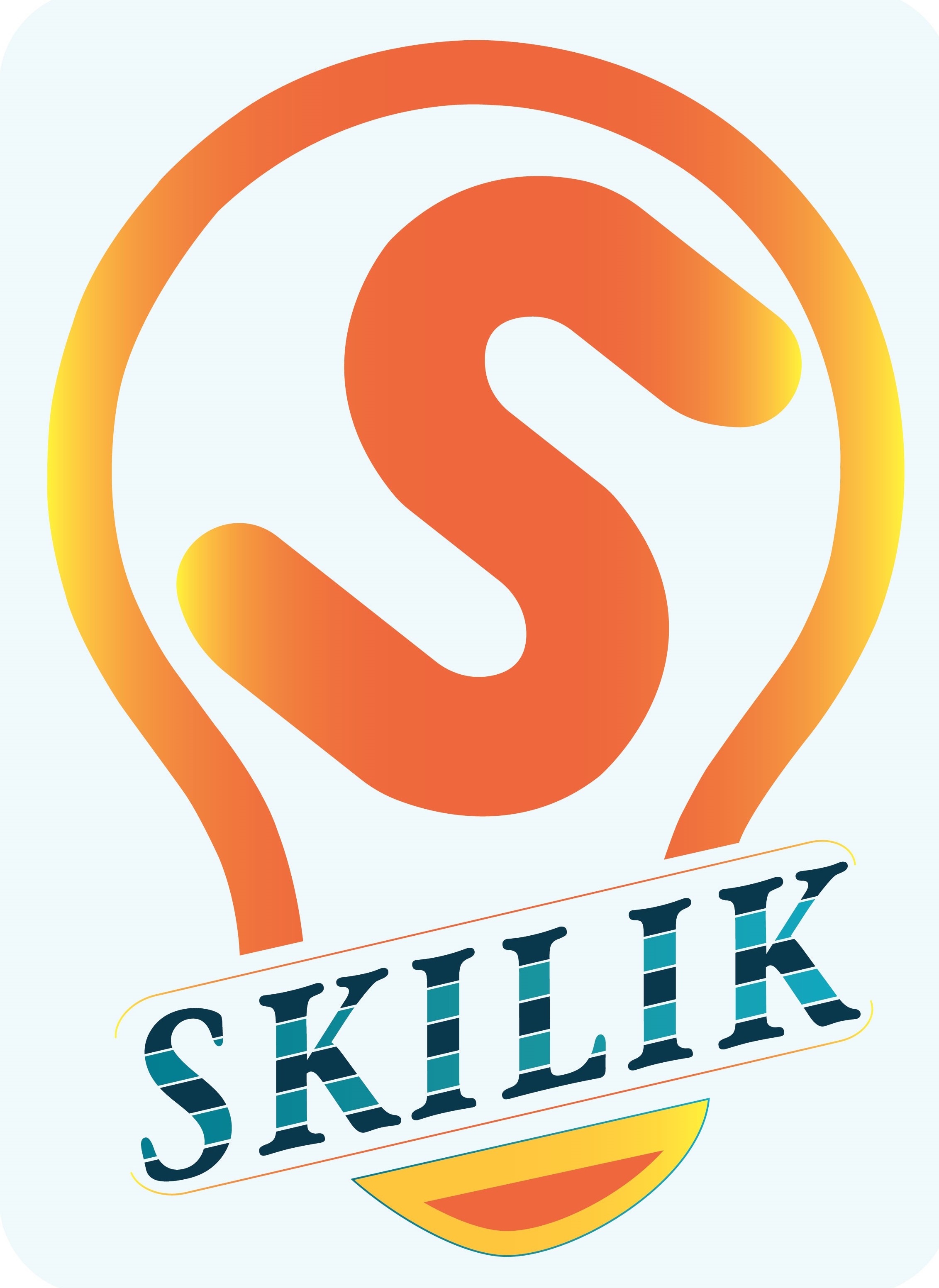
SKIL for Graduate Studies
|
Skip Introduction and
Login to SKIL »
⚫ What is SKIL?
⚫ Motive behind SKIL development
⚫ SKIL and Web2
⚫ Features of SKIL
⚫ Competitive edges of SKIL
⚫ SKIL’s scalability and expandability
⚫ Targeted users
⚫ Business model
⚫ The way forward
Login to SKIL »
What is SKIL?
SKIL is a Semantic Knowledge-base for Islamic Law (Fiqh). It is the first-of-its-kind computerized Fiqh version. SKIL uses innovative artificial intelligence techniques that maintain the semantic relationships among Fiqh rulings, and thereby enable intelligent machine-processing of Fiqh knowledge. SKIL users can explore Fiqh topics, study some of them selectively, and ask intelligent questions. Furthermore, SKIL provides an integrated educational platform for studying Fiqh and related topics in a selective and user-friendly manner.
This is the experimental version of SKIL. I am excited to introduce an innovative educational solution- modern, efficient, and logical. With SKIL, you will find a different approach for classifying knowledge, coherent connections between various aspects of Fiqh, and a new presentation style. I ask Allah, SWT, that SKIL will achieve a quality leap in the way people learn and study Fiqh.
P.S. The above two paragraphs are repeated in the welcoming page of SKIL for those who skipped this introduction.
Motive behind SKIL development
Internet is perhaps the most influential technology that changed our life. Many applications have already migrated to the internet, including educational, recreational, financial, and services provision applications. Nonetheless, Islamic sciences have yet to benefit from this technological revolution. Despite the fact that many Islamic books can be found over the internet, the material of these books still keeps the same classical presentation style.
SKIL recasts Islamic knowledge to suit internet themes, and thus provides a genuine online solution for acquiring and developing knowledge.SKIL and Web2
SKIL is powered with a novel, patent-pending ontology that utilizes a Usul-based model.
Initially, the web used to store data using databases that contain gigantic amounts of data and many repeated instances of the same term. Search engines use keywords to extract the desired paragraphs from databases, leading to substantial redundancy. Google search engine, for example, generates many pages of results, which require significant time and effort to locate the desired data. Smart links between semantically related pieces of data are missing in this scheme.
Web2 (the Semantic Web) has been introduced to overcome the above problem by providing semantic links, alongside data, in a machine-processable format. Ontologies have emerged as platforms for semantic representation. SKIL is powered with a novel, patent-pending ontology that utilizes a Usul-based model.
Features of SKIL
SKIL provides the following features:
- Storage and retrieval of Fiqh rulings, either in full or in part based on the user's request.
- Expressive queries can be conducted across the entire knowledge-base to figure out
specific points. For example, users can find out whether intention is required in all acts of worship
and the deals that minors can't perform.
- Comparative analysis yields data relevant to particular types of people and situations. For example,
issues related to handicapped people, those under the influence of drugs, and cases of corecion can be compiled.
- Deduction from Fiqh rules generates the rulings governed by these rules. Exceptions can also
be pointed out.
Competitive edges of SKIL
- SKIL provides easy and selective retrieval of specific pieces of knowledge.
Serial browsing is replaced by a selective browsing through a multi-dimensional semantic network.
- SKIL enables comparative analysis of key terms across multi-Fiqh topics.
- SKIL offers a robust logical framework, enabling inference of points which are not explicitly stated in the knowledge-base.
- SKIL offers a hierarchical platform for integrating the sciences of Fiqh, Usul, Tafseer, and Hadith.
- SKIL can be used as an experimental tool for research projects in artificial intelligence, logic programming, and automation of legal reasoning.
SKIL eliminates the serial notion of knowledge presentation and instead
provides selective browsing through a multi-dimensional semantic network.
SKIL’s scalability and expandability
SKIL can be scaled up/down to:
- Offer different levels of details to beginning, intermediate, and advanced users.
- Cover different schools of thoughts.
SKIL can be expanded to:
- Include fatawas relevant to some rulings.
- Present evidence of rulings.
Targeted users
- College and school students of Islamic law, particularly those specializing in the financial and social affairs.
- Officers and clients of Islamic banks seeking to revamp their knowledge of financial contracts.
- Sharia’h lawyers referring to the religious grounds of legal rulings and exploring different juristic views.
- Applicants to lawsuits verifying the soundness of their claims.
Business model
SKIL can be marketed through a subscription-based model through the participating universities and educational institutes to their users. Authorized users can access SKIL through cloud computing. A points-rewarding system can be applied for value-add queries that contribute to the growth of SKIL.
SKIL can also be included as a built-in app in smart phones and tablets.
If you are interested in SKIL and/or have queries about it, please email Dr Ahmed Mabrouk, asic4unwire@yahoo.com
The way forward
At present, a prototype of SKIL is available that demonstrates the capabilities of SKIL through a limited number of Fiqh rulings and Fiqh rules. The next step is to collaborate with universities/institutes to convert selected Fiqh books, and/or encyclopedias into smart computerized versions for educational and research purposes.